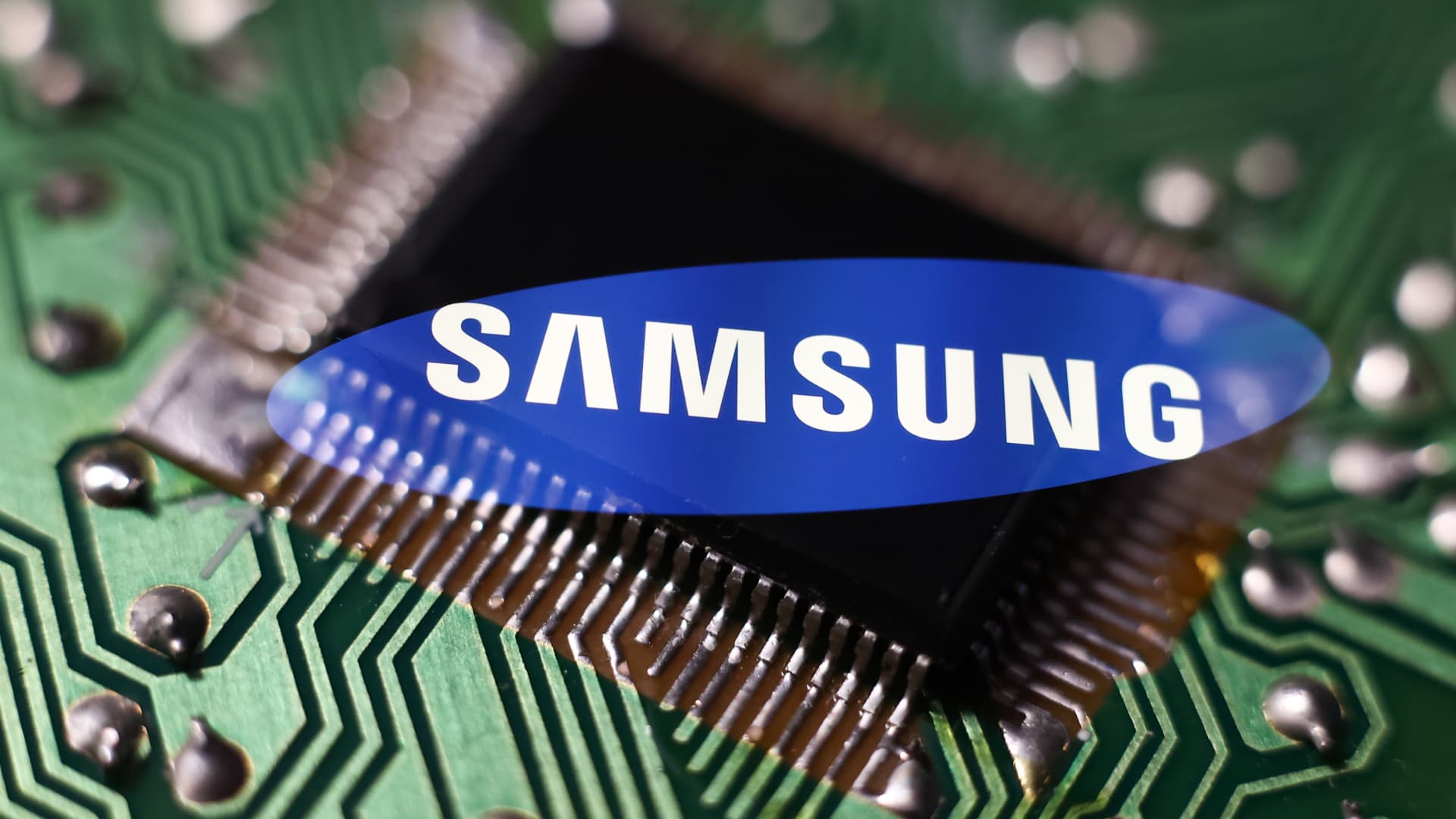Samsung Electronics, the global leader in memory chips production, recently announced an anticipated 35% decline in operating profit for the fourth quarter of 2023. This revelation has caused ripples within the semiconductor market and raised questions about the state of the industry. In this article, we will examine the factors contributing to this decline and explore the potential implications for Samsung and the wider semiconductor market.
The Impact of Semiconductor Prices on Samsung's Performance
Memory chip prices experienced a significant downturn in the previous year due to surplus inventories post-Covid and subdued demand for electronic devices such as smartphones and laptops. As a result, Samsung suffered a sharp decline in operating profit during the third and second quarters of 2023. The company’s third-quarter operating profit plummeted by 77.6% year-on-year, despite surpassing earlier projections. Similarly, operating profit in the second quarter nosedived by 95% compared to the corresponding period in the previous year.
However, signs of a potential turnaround emerged toward the end of 2023, as analysts observed a rebound in memory prices driven by production cutbacks by suppliers and a resurgence in demand for mobile and PC devices. This positive development led industry experts to predict further price escalations in the first half of 2024, signaling a possible upturn in earnings for memory manufacturers.
Insights from Industry Analysts and Experts
Industry analysts have highlighted critical factors that could shape the future trajectory of the semiconductor market. SK Kim, an analyst at Daiwa Capital Markets, emphasized the role of demand for artificial intelligence (AI) across various applications as a driving force behind the anticipated recovery in the semiconductor sales market in 2024. This sentiment was echoed by Galen Zeng, senior research manager of semiconductor research at IDC, who identified the increasing demand for AI as a catalyst for the overall revival of the semiconductor sales market in the coming year.
The renowned market strategist Cory Johnson of The Futurum Group commented on Samsung’s prowess in semiconductor manufacturing, acknowledging the company’s proficiency in producing high-quality chips. However, he noted that Samsung’s yields were lagging behind those of key competitors such as
TSMC, indicating a potential area for improvement.
Outlook for Samsung and the Semiconductor Industry
The projection of a 35% decline in operating profit for Samsung in Q4 2023 has prompted a reevaluation of the company’s performance and its position in the global semiconductor market. The cautious optimism stemming from the anticipated recovery in memory chip prices and the resurgence of demand for AI-driven applications suggests a potential turnaround in Samsung’s fortunes in the near future. Furthermore, industry experts anticipate a marked rebound in earnings for memory makers in the latter half of 2024 and heading into 2025, paving the way for potential growth opportunities within the semiconductor market.
In conclusion, the semiconductor industry’s dynamics play a pivotal role in shaping Samsung’s performance and the broader market landscape. The forecasted decline in operating profit serves as a barometer for the challenges and opportunities confronting Samsung and the semiconductor sector. The industry’s resilience and adaptability, coupled with the burgeoning demand for AI technologies, foreshadow a promising trajectory for Samsung and its counterparts in the semiconductor market.
Find out more about our sources here.


